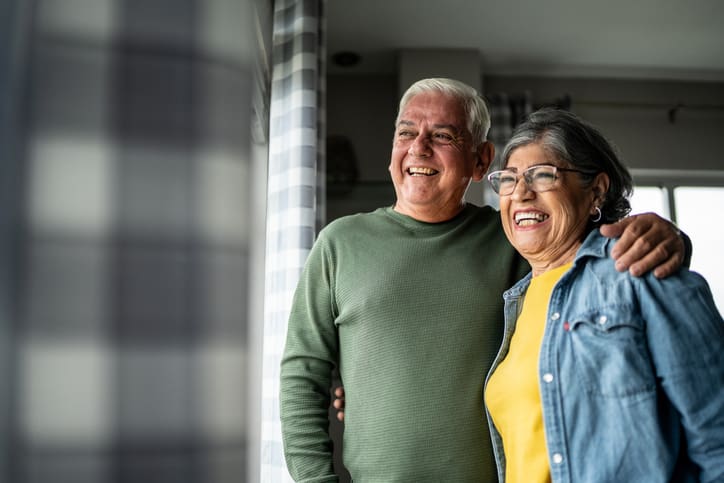When life feels overwhelming, it’s easy to focus on what’s going wrong rather than what’s going right. But even in the hardest moments, there’s a simple, transformative practice that can help: gratitude. By shifting your perspective to recognize life’s bright spots—no matter how small—you can find comfort, hope, and balance in your healing journey.
Gratitude is a way to enhance your mental well-being. Making gratitude a part of your daily routine can make a real difference in your recovery in many ways, such as:
- Improves mood: Gratitude increases the production of feel-good chemicals in the brain, such as dopamine and serotonin—neurotransmitters that boost happiness and well-being.
- Reduces stress and anxiety: Focusing on what’s going well in your life shifts your attention away from stress and anxiety, creating a sense of calm.
- Builds resilience: Gratitude equips you with a more balanced perspective, helping you navigate challenges with greater strength.
- Strengthens relationships: Expressing gratitude deepens connections, reminding you of the supportive network around you.
- Enhances self-esteem: Recognizing things to be thankful for reinforces your value and progress, even in tough times.
What to Be Grateful For
When you’re recovering from a mental health crisis, gratitude might feel out of reach. But even in challenging times, some moments and things deserve recognition. Consider these:
- Your support system: Whether it’s a loved one, therapist, or support group, these people play a crucial role in your healing.
- Progress in recovery: Celebrate every step, no matter how small. Every effort you make to improve your mental health matters.
- Moments of peace: The stillness of a quiet moment, the comfort of a deep breath, or the serenity of nature can all bring comfort.
- Life’s simple joys: The warmth of a sunrise, the laughter of a friend, or the taste of a favorite meal can provide joy.
- Your inner strength: Take a moment to honor the courage and perseverance you bring to your journey every day.
How to Practice Gratitude
The following steps can help you embrace gratitude as a part of your recovery:
- Start a gratitude journal: Write down three things you’re thankful for each day. These can range from major milestones to small comforts. Reflecting on these entries can help you shift your mindset over time.
- Practice mindfulness: Dedicate a few quiet moments daily to be fully present. Pay attention to the little things that bring you joy or comfort, like the gentle rustle of leaves, the warmth of sunlight on your face, or the soothing rhythm of your breath. Mindfulness can help you cultivate a deeper appreciation for the present moment.
- Express gratitude to others: Take time to thank the people who’ve supported you. A heartfelt conversation with a friend or a note to a loved one can strengthen your relationships and create mutual positivity.
- Reframe challenges: When difficulties arise, look for lessons or growth opportunities. For example, struggles can strengthen your problem-solving skills or deepen your empathy.
- Volunteer or give back: Helping others can create a sense of fulfillment and gratitude for your strengths and abilities. Whether it’s through volunteering, lending a listening ear, or small acts of kindness, giving back fosters a deeper connection with your community and reinforces the good you have to share.
- Celebrate small wins: Every step forward, no matter how minor it seems, is worth acknowledging. Whether it’s completing a task, showing up for yourself, or finding a moment of peace, celebrating small victories reinforces a positive outlook and reminds you of your progress.
It’s important to remember that gratitude is a practice, not a one-time fix. Some days will feel easier than others, and that’s okay. You’re not aiming for perfection—you’re striving for balance.
By consistently recognizing the positives in your life, no matter how small, you can train your brain to focus on hope and resilience. Over time, gratitude can become a cornerstone of your mental health, improving both your outlook and your well-being.
We’re Here to Support You
At Creekside Behavioral Health in Kingsport, Tennessee, we understand that recovering from a mental health crisis requires comprehensive support and compassion. Gratitude is just one of the many tools we encourage to aid in healing, and we’re here to guide you every step of the way.
Our services include personalized treatment plans, compassionate care, and a wide range of therapies designed to help you regain stability and confidence. If you or a loved one is ready to embrace healing, please contact us today.





